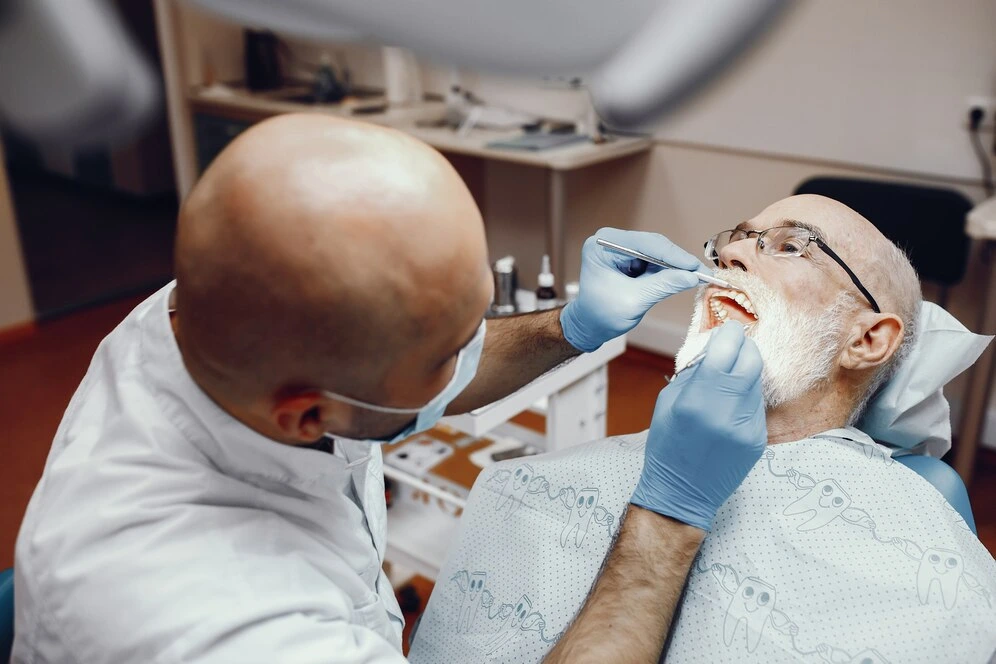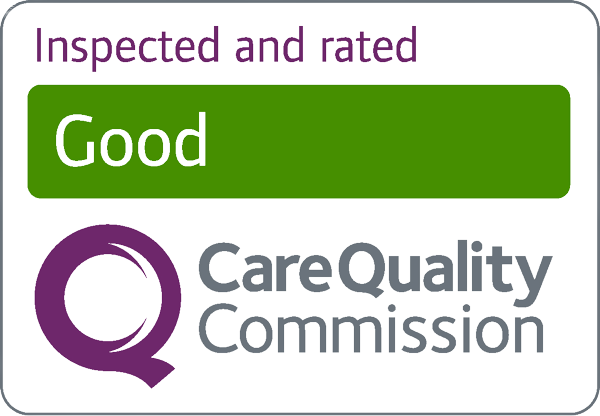
As we age, our bodies undergo significant changes, including shifts in senior dental health. Seniors are more susceptible to dental issues that can affect their overall health and well-being, such as gum disease, tooth decay, dry mouth, and oral cancer. These problems can stem from various factors, including ageing, smoking, poor dental hygiene, and underlying medical conditions. Recognising and addressing these issues early is essential for preventing them and maintaining senior dental health in later life.
Common Dental Issues in Seniors
Periodontal disease, commonly known as gum disease, is especially prevalent among the elderly and is often linked to smoking, inadequate oral hygiene, and conditions like diabetes. If left untreated, gum disease can lead to tooth loss and exacerbate other health conditions, including heart disease. Similarly, tooth decay is widespread among seniors, particularly those who have had inadequate dental care or a history of consuming sugary foods.
Another common issue for older adults is xerostomia, or dry mouth, which often results from medications that reduce saliva production. Saliva plays a vital role in neutralising bacteria in the mouth. Reduced saliva can increase the risk of tooth decay and oral infections. For older adults who have a history of alcohol or tobacco use, oral cancer is also a concern. Being aware of these potential issues can help seniors take preventive steps, such as regular dental check-ups and maintaining good oral hygiene practices. This is key to safeguarding senior dental health.
The Importance of Early Detection and Prevention in Senior Dental Health
Prevention and early detection are crucial for maintaining senior dental health. Identifying dental problems early on prevents them from escalating into more serious issues that could adversely affect overall health. Regular dental check-ups allow dentists to catch signs of gum disease, tooth decay, and oral cancer in their initial stages. Early intervention can prevent tooth loss, alleviate pain, and reduce the risk of more severe health complications.
The preservation of oral health also depends on preventive care. Good oral hygiene habits, such as consistent brushing and flossing, can significantly reduce the likelihood of dental problems. A healthy lifestyle that includes avoiding tobacco, limiting sugar intake, and staying hydrated supports senior dental health. Seniors should actively seek preventive dental care, including professional cleanings and fluoride treatments, to maintain healthy teeth and gums. By focusing on early detection and prevention, seniors can better manage their oral health and avoid issues that could affect their well-being.
Why Seniors Need to Get Regular Dental Checkups
Regular dental check-ups are crucial for maintaining both oral health and overall wellness in seniors. During these visits, dentists conduct thorough examinations of the mouth, teeth, and gums. They check for early signs of dental problems or other medical conditions. Early detection of gum disease, tooth decay, and oral cancer allows for prompt treatment. This prevents these conditions from progressing and negatively impacting general health.
Additionally, these examinations provide seniors with individualised guidance on preserving senior dental health. Dentists can offer advice on improving daily oral hygiene routines, managing medication side effects that might affect oral health, and addressing age-related dental concerns. Professional cleanings during these appointments help remove plaque and tartar buildup that cannot be eliminated through regular brushing and flossing. In summary, regular dental check-ups play a critical role in supporting senior dental health and overall well-being.
Finding the Right Dentist for Senior Care
Choosing a dentist experienced in senior dentistry is essential for ensuring that older adults receive the care and support needed for their oral health. There are several ways to find a dentist specialising in senior dental health. Seeking recommendations from friends, family, or healthcare providers familiar with senior-focused dental care is a helpful approach. Professional directories and online research can also assist in finding dentists who specialise in treating older adults.
When selecting a dentist, it is important to consider their experience with seniors, their approach to preventive care, and the specific treatments they offer for age-related dental issues. Accessibility is another crucial factor, especially for seniors with unique needs or mobility challenges. By choosing a dentist who specialises in senior care, older adults can receive the personalised attention and treatment necessary to maintain their oral health.
Tips for Maintaining Good Oral Hygiene at Home for Seniors
Seniors must practise good oral hygiene at home to preserve overall health and avoid dental issues. Prioritising brushing and flossing helps to prevent gum disease and decay by removing food particles and plaque. Using fluoride toothpaste can strengthen tooth enamel and reduce the risk of cavities. Antimicrobial mouthwash can also help control bacteria in the mouth.
Nutrition and diet are essential for preserving senior dental health. A balanced diet rich in fruits, vegetables, lean proteins, and whole grains provides the nutrients needed to keep teeth and gums healthy. Limiting sugar-filled foods and drinks is key to preventing tooth decay. Staying hydrated by drinking plenty of water helps promote saliva production, which is important for avoiding dry mouth and its associated risks.
Seniors should be aware of how their medications might impact their oral health. Some medications can cause dry mouth or increase the risk of gum disease, so it is important to discuss any concerns with a healthcare professional or dentist. By following these home care tips, seniors can take proactive steps to maintain their senior dental health and overall well-being.
Overcoming Barriers to Dental Care Access for Seniors
Seniors may face several barriers to accessing dental care, but the right strategies can help overcome these challenges. Financial difficulties are common among older adults, especially those on fixed incomes or with limited access to dental insurance. Exploring community resources or finding dental clinics that offer discounted rates for seniors can help alleviate these financial barriers.
Due to transportation and mobility issues, seniors may find it difficult to attend dental visits. Arranging transportation assistance through community organisations or utilising mobile dental services that provide care in homes or residential facilities can address this issue.
Anxiety or fear about dental visits may prevent some seniors from seeking the care they need. Dentists who specialise in senior care are often trained to handle elderly patients with compassion and gentleness, which can help ease these concerns. By addressing these barriers through community resources, specialised services, and compassionate care, seniors can prioritise their dental health and maintain their overall well-being.
Conclusion
For seniors, maintaining good senior dental health is crucial as it has a direct impact on overall health and quality of life. The connection between oral health and general well-being highlights the importance of prioritising dental hygiene as part of a comprehensive approach to wellness. By understanding the common dental issues seniors face and the benefits of early detection and prevention, older adults can take proactive steps to protect their oral health. Finding a dentist specialising in senior care ensures that seniors receive the tailored treatment they need. Additionally, practising good oral hygiene at home and overcoming barriers to dental care access is crucial for maintaining healthy teeth and gums. By focusing on these aspects of senior dental health, older adults can take charge of their oral health and enhance their overall quality of life.


